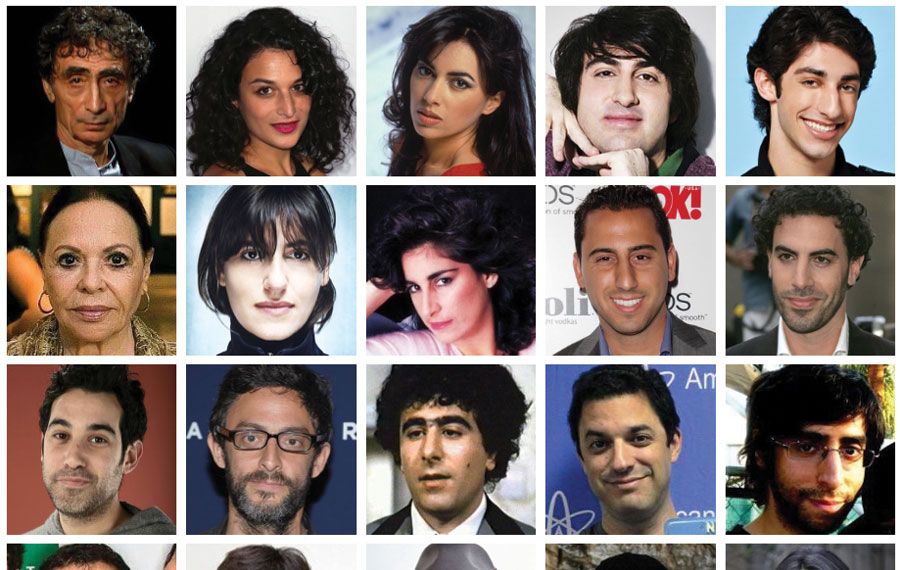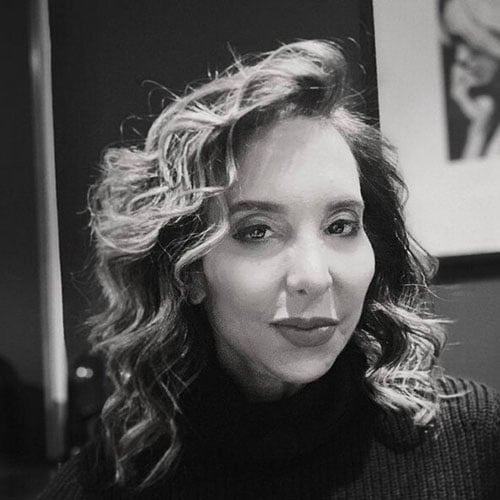
Last Sunday, I took my son Alexander, 9, to hear a performance of the Hebrew Choir Festival, which “aims to promote Hebrew as the common global Jewish language.” He didn’t want to go — it was a gorgeous afternoon — but I increasingly prioritize stuff like this.
Rabbi Andrew Ergas, chair of the Council for Hebrew Language and Culture in North America, opened the show with a few remarks: “Ivri Anochi; I am a Hebrew,” he said. Hebrews were eventually called Israelites, he went on to explain, but “the Hebrew language remains fundamental to who we are. It is part of our collective future.”
The festival featured five children’s choirs from day and charter schools. Every hue was represented onstage. Alexander was mesmerized by an Asian boy who was pushing 3.
“That was savage,” Alexander exclaimed afterward, the highest compliment he could confer.
Mission accomplished, I said to myself.
I think it’s fair to say that, since the Holocaust, the top priority of most Jews in the Diaspora has been assimilation. My family was fairly typical of suburban Jews. Leaving behind their Orthodox upbringing and Russian immigrant mentality, my parents sent us to a Conservative synagogue where my brother and I became bar and bat mitzvah. We followed some rules (no bacon!), but my father, born in 1930, was very focused on creating what he often referred to as “the good life.”
He had witnessed the worst, felt that his generation could finally raise children without incessant persecution, and planned to take full advantage of this freedom. Despite his deep olive skin, being and feeling white was never a question.
With my own olive skin, black curly hair and some indescribable feeling of otherness, I never really felt white; but I dutifully checked the “White” box like every other Jew, and never really thought about it.
Until, that is, I started to study our indigenous connection to the land of Israel and realized that there was now a plethora of genetic research showing that, lo and behold, just like our Sephardic and Mizrahic brothers and sisters, the DNA of Ashkenazim shows an irrefutable connection to the Levant — meaning we’re not white.
I wrote a column about that fact this past summer, titled, “We, the Israelites.” The response was mostly positive, but I was intrigued by the negative reactions. Some Jews, no matter how religious or Zionist, didn’t want their whiteness taken away from them. They essentially told me to back off.
I no longer discuss these types of things with my dad, who just turned 89. But if he were younger and I said to him that I no longer identify as white, he would flip out. He would be angry, but more than anything he would be scared. I realized the same fear was underlying the responses of some of my friends.
This conversation probably would have continued in the backwaters of the web if it weren’t for the current practitioners of identity politics. In the past six months, Jews have been told:
- We are inexorably white and thus responsible for colonialism, the slave trade and mass incarceration.
- We are white supremacists, and thus responsible for all racism and oppression.
- We are white and thus incapable of being persecuted — past and present.
- The Holocaust was a white-on-white crime and thus of little import. We should stop “centering” ourselves!
- As part of the white European ruling caste, we are the primary beneficiaries of white privilege.
- We are responsible for tragedies like New Zealand, especially if we dare to call out anti-Semitism (which doesn’t really exist because we are white).
We are once again being defined by others, and not just by any others, but by others who have an agenda that includes, at the very least, the destruction of Israel.
So let’s put aside assimilation for the moment. Let’s talk about our identities — who we are and how we define ourselves.
Many Jews pass as white. Their skin, hair and eyes are light.
“We are once again being defined by others, and not just by any others, but by others who have an agenda that includes, at the very least, the destruction of Israel.”
OK. So what? Did passing as white stop the Holocaust? The Spanish Inquisition? The pogroms? The caps at universities? The rejection at restaurants and country clubs in the 1950s and ’60s? The Pittsburgh tragedy and the inordinate rise of anti-Semitic attacks in recent years? Jews are the most targeted religious group in the U.S., eclipsing Muslims by a 3-to-1 margin. How does passing as white figure in?
Undeniably, Jews have ascended to high positions in government, law, real estate, finance and entertainment. Is that because some of us pass as white? Sure. Is it also because Jewish culture puts an inordinate focus on learning and achievement? Absolutely. But if Jews were truly seen as white, why hasn’t there been a Jewish president or vice president?
White-passing is not the same as being white, which means having an ethnic identity that originated in Europe.
“It can be safely argued that converts of European extraction (e.g., Ivanka Trump) qualify as white Jews, but that is rarely whom this term’s proponents have in mind,” says Dani Ishai Behan, who researches and writes about Jewish identity.
As Seth Frantzman of The Jerusalem Post writes: “There are many more Muslims who pass as white than there are Jews.” But do you ever hear the term white Muslim? Of course not. In fact, actor Rami Malek, born in Los Angeles to Egyptian parents, was recently described as a “person of color.” Gal Gadot looks as exotic and Middle Eastern as Malek. But she’s never been called a person of color because that would undermine the entire (false) leftist narrative that Israel is a colonial operation.
The humor and ironies abound. Today, you can self-identify as a gender-averse rock but not as a Levantine Jew.
“If [progressive] anti-Semites think Jews are white, why do they keep drawing us with exaggerated Middle Eastern features?” Behan writes. “What we have is akin to model minority status combined with occasional white-passing. This often gives people — including ourselves — the illusion of whiteness. But it is really just that: an illusion.”
“It’s time to refocus on our identity. … We need to do this to firmly and definitively show that Jews are indigenous to Israel.”
So let’s start with the basics. Judaism is not merely a religion. It is a nation, a tribe, an ethnicity. We are not Poles, Russians or Hungarians who happen to practice Judaism. We hail from the Levant in Western Asia, otherwise known as the Middle East. The Romans took thousands of Jews to Europe on slave ships. Later conquerors (Arabs, Crusaders) drove out more Jews.
All the while, as Joshua Marks writes, “Jews maintained a continuous presence in the land of Israel for more than 3,000 years, despite at times tremendous hardships under violent foreign colonial occupations.”
Nearly a dozen studies published in the past decade show that Jews — Ashkenazi, Sephardi Mizrahi — are more biologically related to one another than they are to their local populations. In particular, a 2009 study found that Jewish populations share a high level of genetic similarity and a common Middle Eastern ancestry, and over their history they have undergone varying degrees of admixture with non-Jewish populations.
It’s time to refocus on our identity, not just because it will be good for us and our children to fully come to terms with who we are. We need to do this to firmly and definitively show that Jews are indigenous to Israel.
“It is part of a carefully managed agenda in the United States to not permit Jews to be part of the discussions about ‘people of color’ or racism,” Frantzman writes. And the goal of that agenda is to make the case that Israel is a European colonial enterprise, so that it can then be destroyed.
The bottom line: We can no longer let others define us. We need to start defining ourselves. And the only way to do that is through learning about our ancestry, our genetics and our indigenous connection to the land, culture and language of Israel.
“The designation of being a Hebrew probably meant something similar to ‘one who crossed over,’ ” Ergas told me. “The term captures the concept of language, history and experience of eternal otherness — and potentially points toward us always being in the process of transformation.”
We are the Hebrews, the Israelites, the Jews. We create, innovate and transform — ourselves and the world. This is who we are: eternally other; eternally lit.
Karen Lehrman Bloch is an author and cultural critic living in New York City.























 More news and opinions than at a Shabbat dinner, right in your inbox.
More news and opinions than at a Shabbat dinner, right in your inbox.